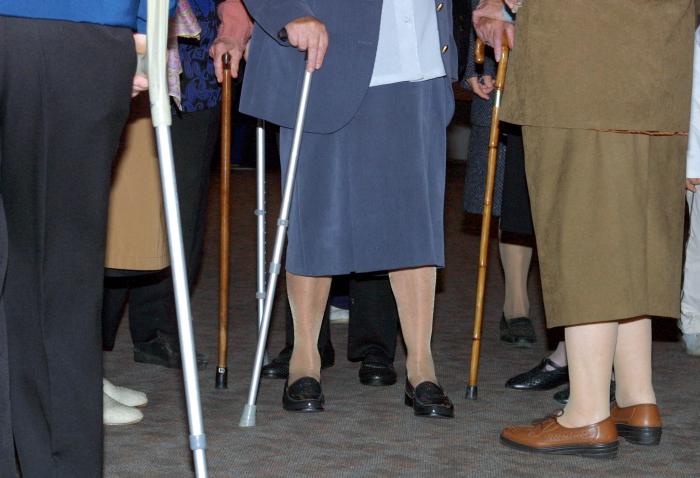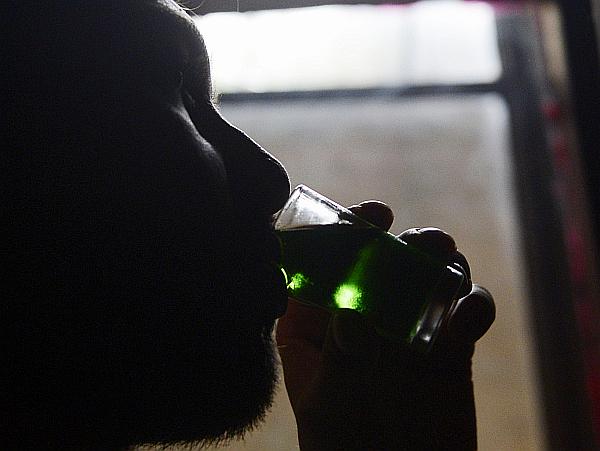


The World Health Organisation WHO this year chose mental health and older adults for the central theme of the Mental Health Day, with the purpose of drawing attention to the fact that presently more than 800 million people in the world are 60 years old or more, and by 2050 this number should increase to around two billions.
The number of older people is distinctly growing in Slovenia as well, and according to data from the Institute of Public Health of the Republic of Slovenia approximately 10 percent of the inhabitants aged from 55 to 64 complain of doctor-diagnosed depression.
"The old people as a category are exposed to depression. On the one hand old age is often accompanied by diseases, and loss of health can also lead into clinical depression. On the other hand the loneliness of old people increases with time, as people they know die one by one, and their social network gradually weakens," says Bogdan Dobnik, president of the OZARA SLOVENIJA, Life Quality National Association.
"It is surprising that the suicidal quotient in the category of old people is the highest compared to the other age groups," warns Dobnik, and clarifies that the number of suicides of old people is smaller by number , but resulting in high index because of the smaller size of the group. "I believe we are at the very top on the world scale of elderly suicide rate."
The biggest problem of old people is dementia
"The most frequent complaint of the people over 65 in Slovenia, at the primary level of the health system, is dementia, next are depression, anxiety disorders, and sleep disorder. At the secondary level the most frequent reasons for visits are dementia and other organic mental disorders, followed by depression, schizofrenia, and other forms of psychosis. We don't have the precise data regarding the frequency of dementia in Slovenia, but if we suppose there are no essential differences in prevalence of dementia in our country, we can use the data obtained through researches abroad. Therefore, unofficially, in Slovenia there are approximately 30,000 patients with dementia, and according to anticipated trends their number should increase by 40 percent in next 10 years," explained dr. Helena Jeriček Klanšček from the Institute of Public Health.


































































